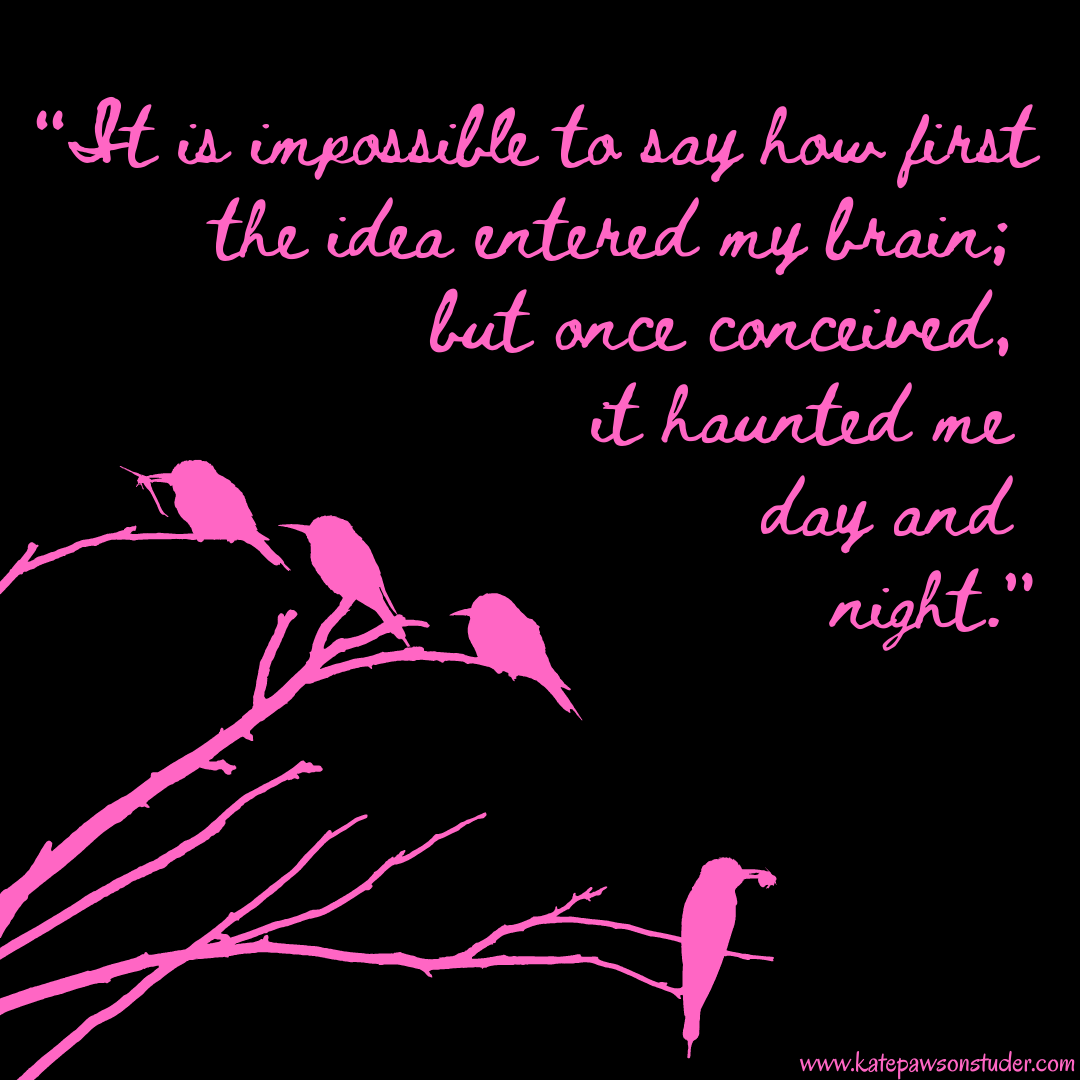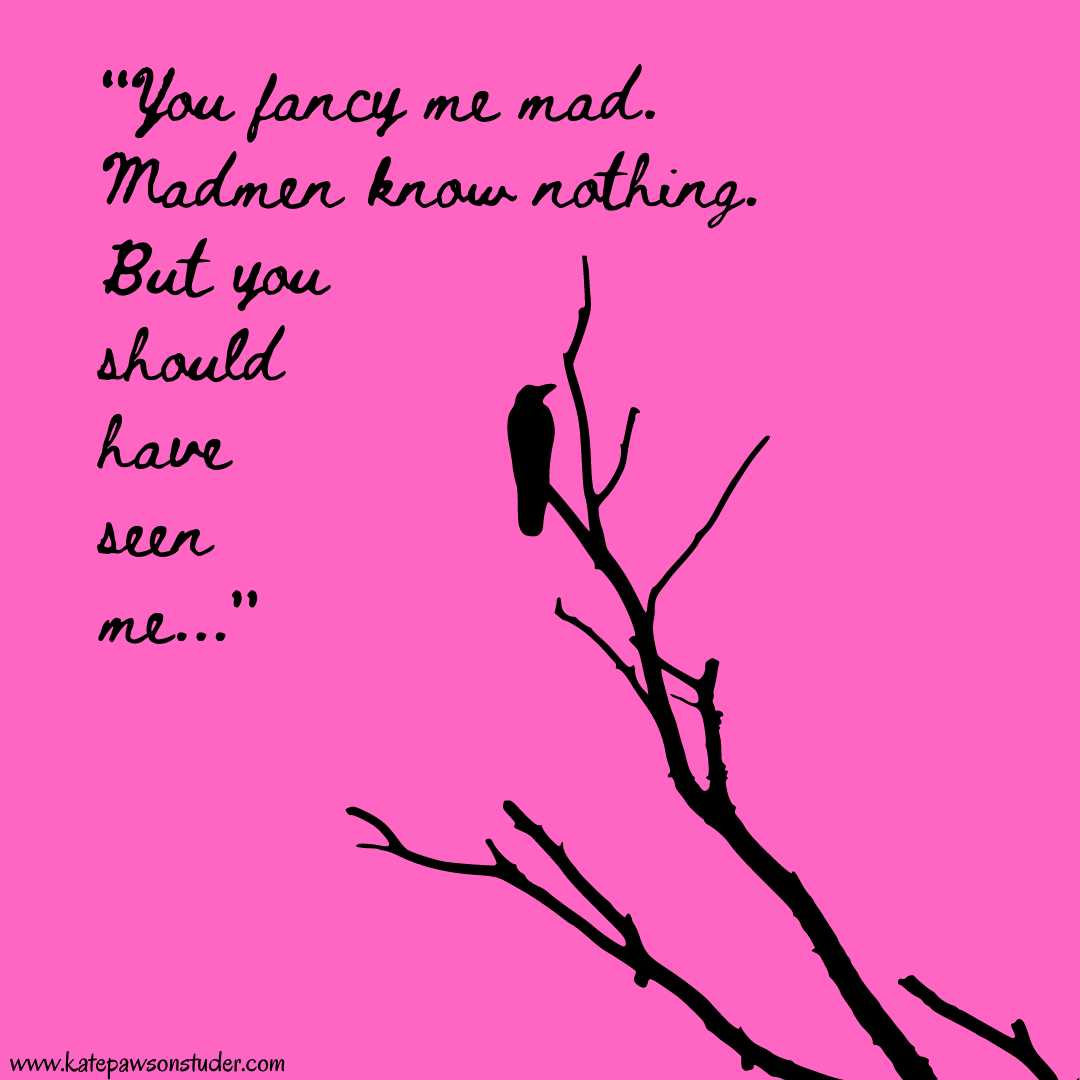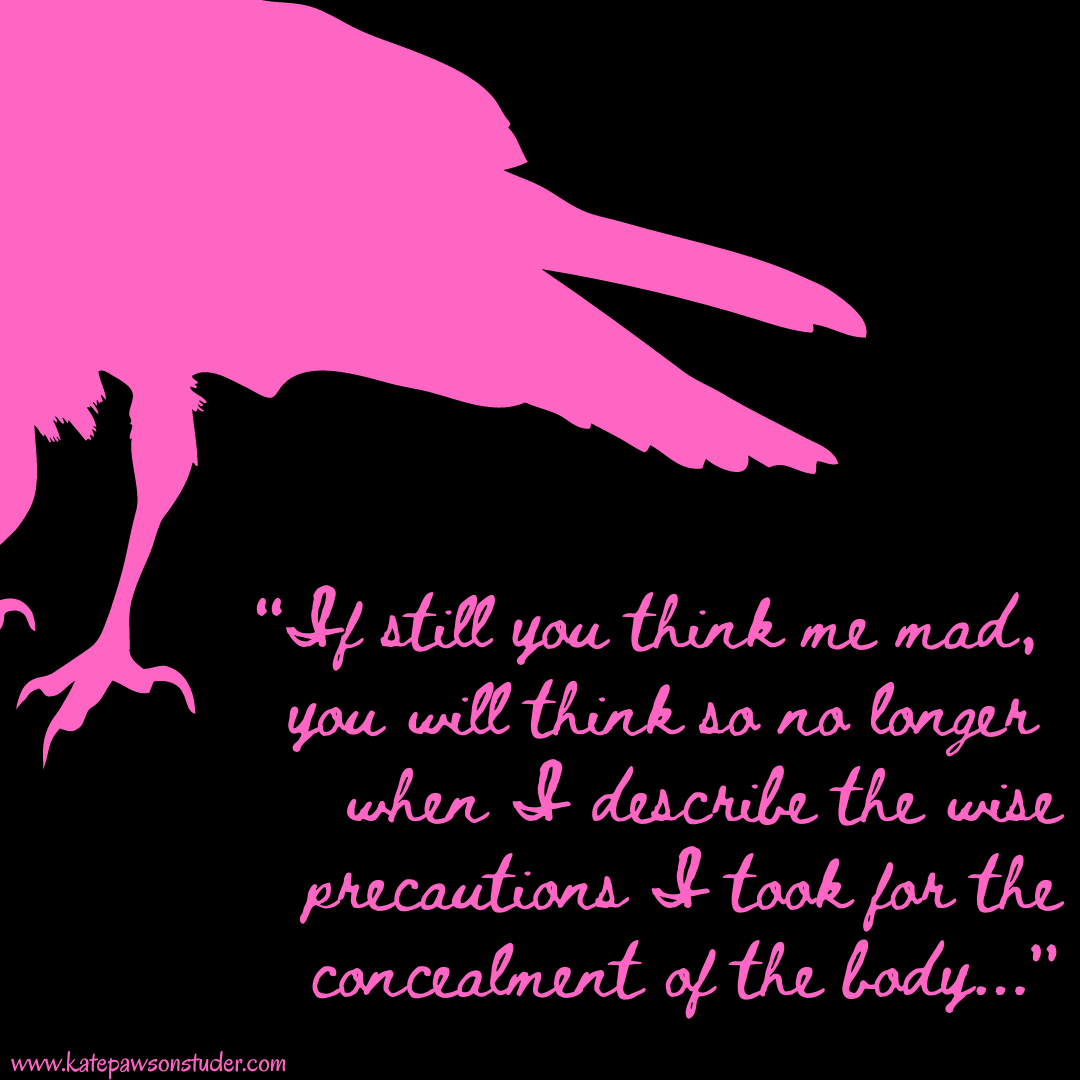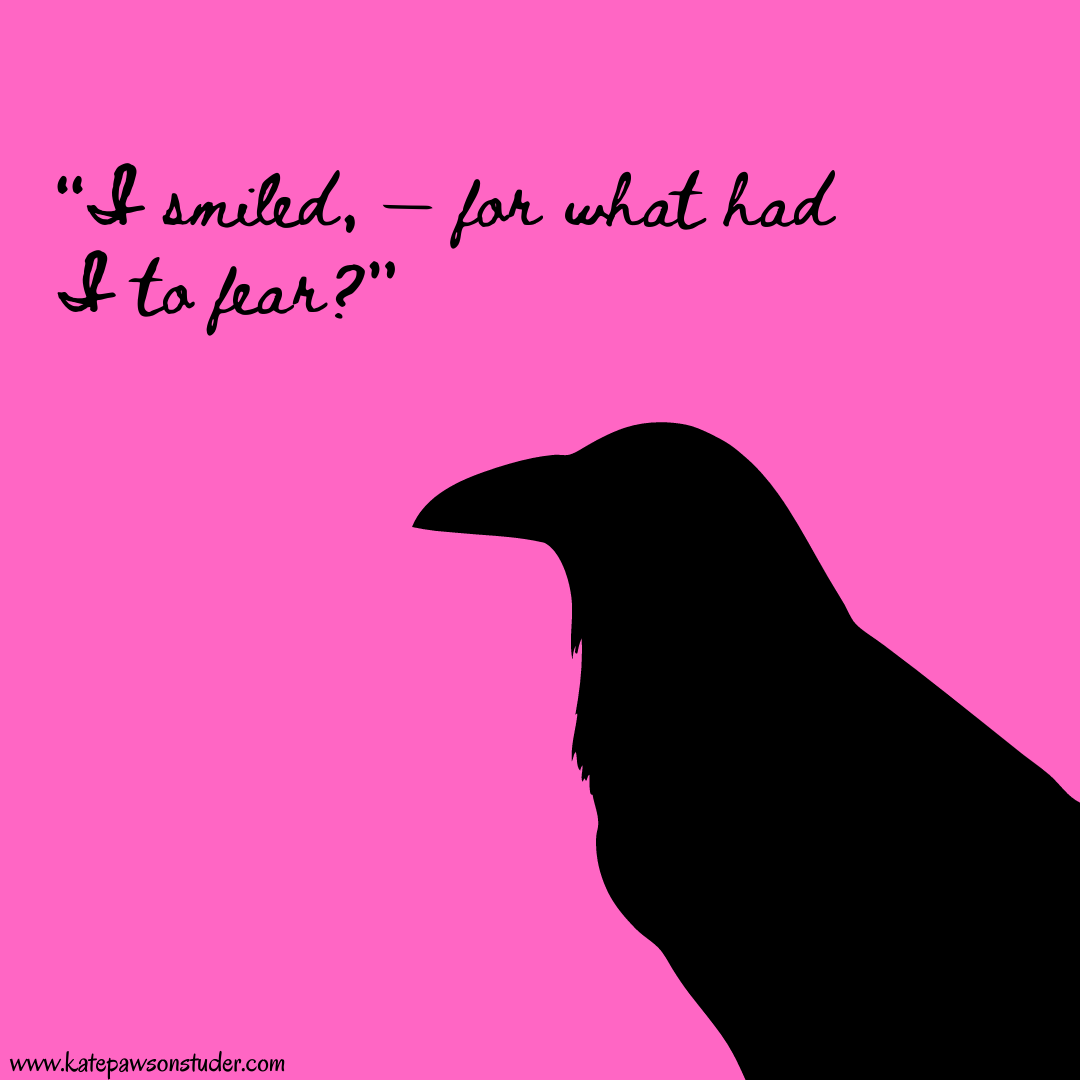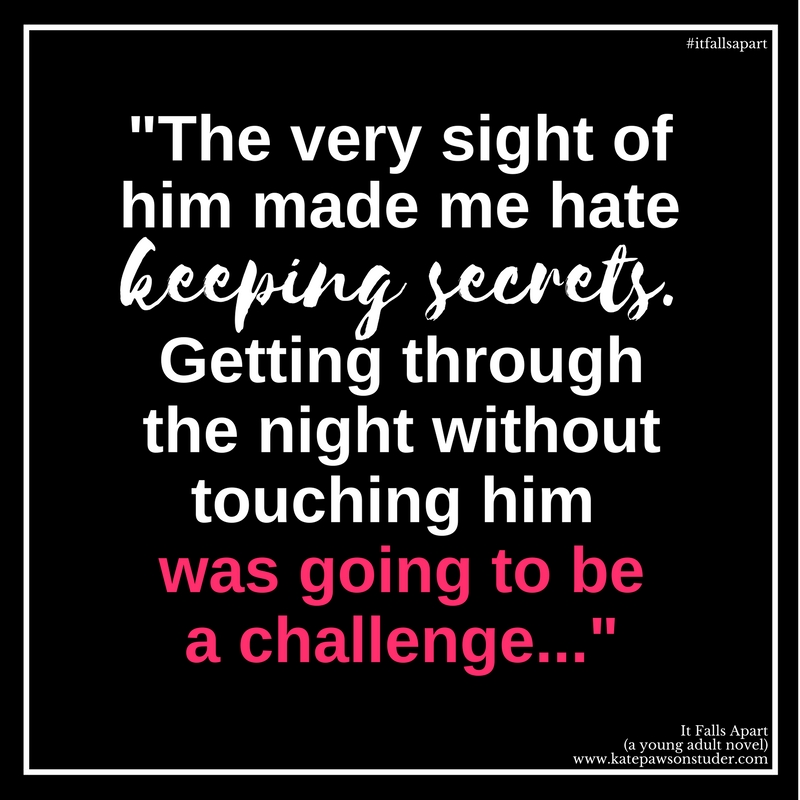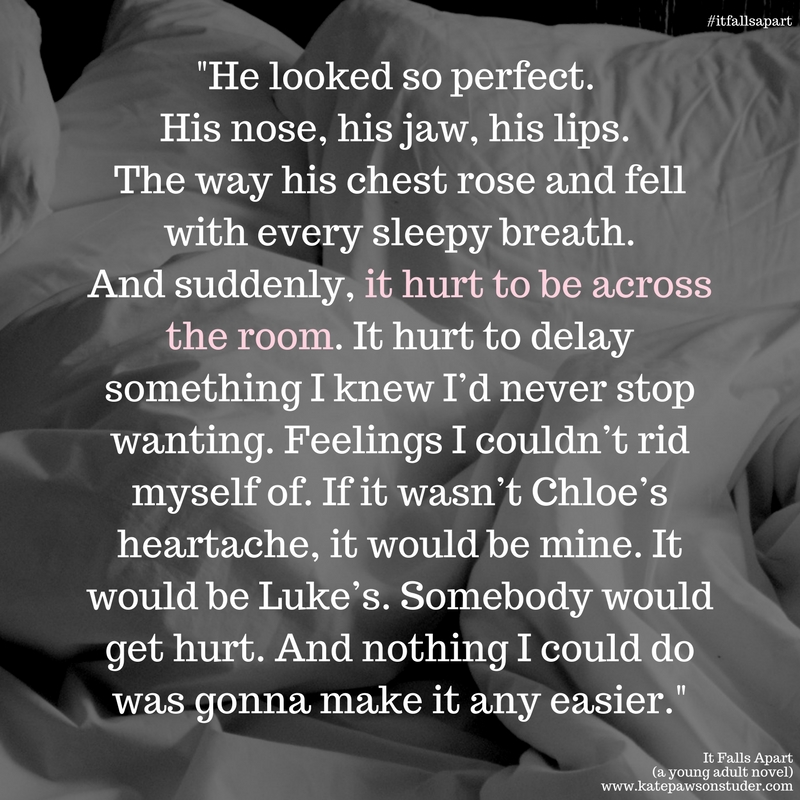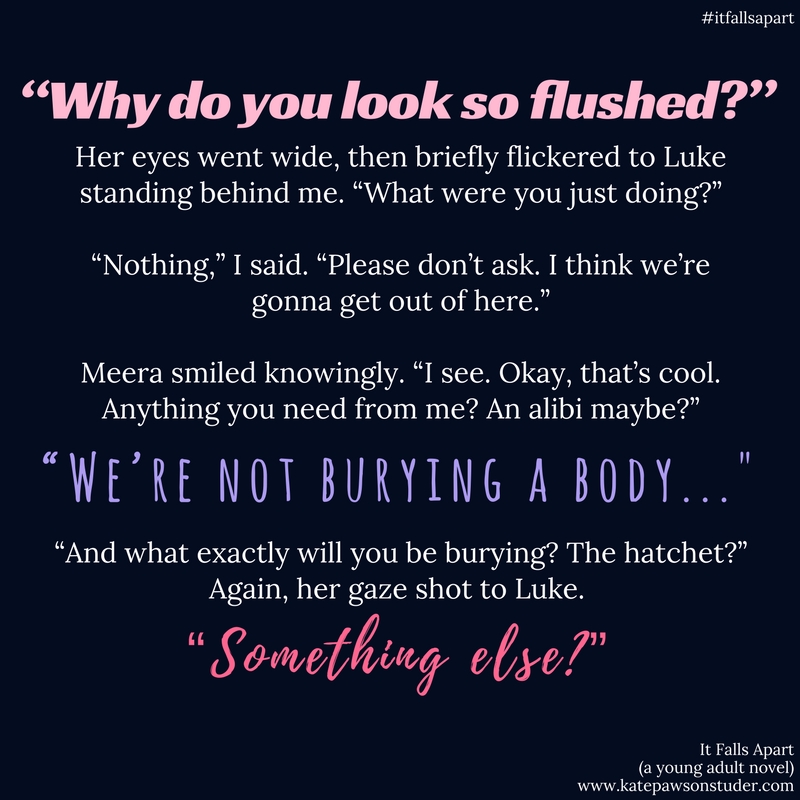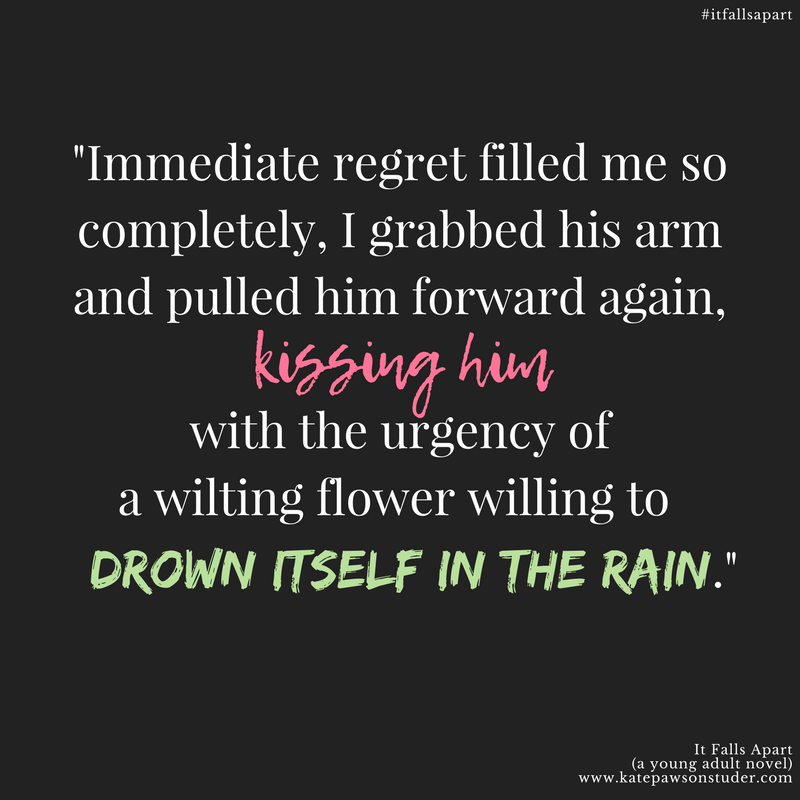friday5 for May 27, 2016
/What happens when you mix the Friday5 with The Writer's Arsenal? Why, an all writing-related edition of the Friday5, of course! And since this is primarily an author blog, I'm assuming you won't mind the diversion.
When people find out I'm a writer, not all, but many mention that they'd love to read something I've written. My usual response is, "well, hopefully one day you'll be able to!" But lately, I've been thinking a lot about ways I can share snippets of my writing with curious friends and family, without sending full manuscripts out all willy-nilly. And that brings me to today's special edition of the Friday5, which is about writing sites. Specifically, sites where writers can share their work. Now, obviously, writers can always share their stuff right on their own personal websites, but it won't have the same exposure or reach as it might on a platform specifically designed for sharing creative works. So today, I'm going to take a look at five such shared writing platforms, and maybe, whether you write as a hobby or in pursuit of publication, you'll find a good place to share a taste of your own work.
1. WATTPAD
Admittedly, I haven't researched the numbers, but Wattpad claims to be the biggest writing community out there, and as far as web presence goes, I'd have to agree. If you know any of the sites on this list, you probably know Wattpad. From fiction to fanfiction to just about anything else your imagination can conjure, Wattpad is ready and waiting for your creativity. I don't have any personal experience using Wattpad, but it's the go-to for a lot of collaborations with publishers when it comes to contests, and sometimes even book deals. I will probably give it more of a look one day, but for now, I have a few other sites I find myself more drawn too (see below).
2. FIGMENT
Figment is the first website of this type I've ever personally used. It's targeted at YA, which is a natural match for my writing, and it also has a heavy emphasis on Fantasy and Sci-Fi (again, a good match). It's YA slant is obvious right from the homepage, with a fun, youthful design, and links to create, read, and participate in polls, quizzes, and contests. A contest is actually what first drew me to Figment, and the short sci-fi story I wrote for it, while not chosen for an anthology they were putting together, did earn me a personal email from the author judging the contest, noting that she loved my story, but it was too similar to another story in the anthology. So, Figment will always hold a special place in my heart because of that.
3. FICTIONPRESS
If you're not one for flashy graphics and other distractions, FictionPress is probably the site for you. We're talking bare bones, with an emphasis on category fiction and poetry. Not a lot else to say about this one, but I did want to include a site that gets to the point, and is reminiscent of what fanfiction sites used to be back in the day before website design got all super fancy on us.
4. SCRIBOPHILE
What sets Scribophile apart from the other sites is its emphasis on reading and critiquing the works of other writers. In their own words, "Scribophile is a respectful online writing workshop and writer’s community. Writers of all skill levels join to improve each other’s work with thoughtful critiques and by sharing their writing experience." In fact, you can't even post your own writing to Scribophile until you've earned "karma points" by reading others' works. If you're looking for a site where your writing won't just sit there unread, Scribophile might be a good option, but you do have to give a little to get a little, which, let's face it, should always be the case, right?
5. STORYBIRD
Finally we arrive at what's probably my favourite shared writing site, Storybird. What sets Storybird apart from the others? Well, for one, it's just so damn pretty. And there's something about that little blue bird that just makes me want to create adorable stories. Storybird has a whole visual element to it that the other shared writing sites don't quite capture. It's where authors and illustrators can come together to create beautiful stories and share them with a young, vibrant community of readers and fellow artists. I heart it.
So, to bring this whole thing full circle, I'm going to go back to what I said above about people asking to read my work. Well, now you can sample a taste, both here on the website, and on Figment. To read samples of my works here on the website, please click on the BOOKS link at the top (or, if you're too lazy for that, I'll include links below too). There you'll find the same story synopses I've always had here on the site, but you'll also find new links to samples from each of my completed works. The selections featured here on the site have been taken from varying points in each book, but if you'd like to read the first chapter of each book, you'll also find a link to those on Figment. As always, I'm happy to hear feedback from anyone who takes a look. Happy reading, and if you plan on checking out any of the above sites, happy writing! I'd love to hear about any experiences, good or bad, in the comments, along with any links anyone would like to share to their work!
Read a selection from Shimmer and Shade
Shimmer and Shade, first chapter on Figment
Read a selection from Skin Deep
Skin Deep, first chapter on Figment
Read a selection from The Broken Season
The Broken Season, first chapter on Figment
Read a selection from This Hideous Heart
This Hideous Heart, first chapter on Figment













